The Circular Series brings together The Netherlands and United Arab Emirates
November 01, 2021
To jointly support the implementation of the UAE’s recently launched Circular Economy Policy and make use of a post Covid-19 ‘build back better momentum’, the Consulate-General and the Embassy of the Netherlands, alongside the Dutch Sustainability Group (DSG), supported by The Netherlands Business Council, Holland Circular Hotspot and NLinBusiness, ‘The Dutch Sustainability Group Circular Economy Series’ took place. This first edition of the event on October 19, brought together key players in the value chains of plastics & packaging, and energy to take the next steps in creating a circular economy in the UAE.
Read further for a summary, the key takeaways from the event, and the recording of the plenary session.
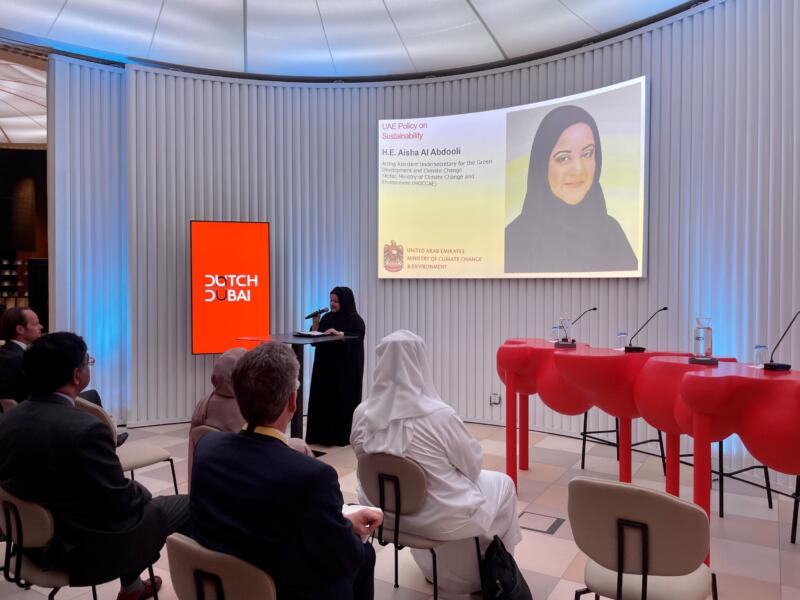
“We believe by uniting the Dutch business community and working together with key stakeholders in the UAE we can accelerate sustainability initiatives locally”
Stefanie Schachtschabel, Initiator and spokesperson Dutch Sustainability Group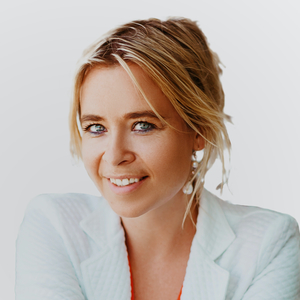
Dutch Sustainability Group Circular Series
The Dutch Sustainability Group is a business community consisting of Dutch multinationals which are established in the UAE and have sustainability in the core of their strategies. The group is formed under the umbrella of the Netherlands Business Council and supported by the Embassy and Consulate-General of the Kingdom of the Netherlands. It brings together expertise from a wide variety of sectors to deliver sustainability projects in the UAE. Members are: ING, Royal HaskoningDHV, Van Oord, FrieslandCampina, Vopak, Boskalis, AIRFRANCE/KLM, Signify, Unilever, LeasePlan, Shell, AkzoNobel, and TenCate.
The Netherlands is eager to establish UAE-Netherlands collaboration with a focus on production and consumption waste, energy, materials, water, and food. DSG member companies can and wish to play a role in the local transition to a circular economy leveraging their local and wide ranging expertise in all of the above areas.
The series intends to enable information sharing on the transition to a circular economy from a business perspective and aims to increase collaboration with local governments and businesses that play a role in a circular value chain. This first edition of the series consisted of a plenary session and two round tables. One on plastics & packaging and the road towards a public and private co-designed Extended Producer Responsibility, and one on circular energy. The latter will be hosted in the near future by the UAE Ministry of Climate Change and Environment, together with DSG-members LeasePlan and Signify.
“UAE now is on its way to achieve strategic objectives on the new economy and circular economy will be an integral part of that journey of UAE over the next 50 years"
Eng. Aisha Al Abdooli, Ministry of Climate Change and Environment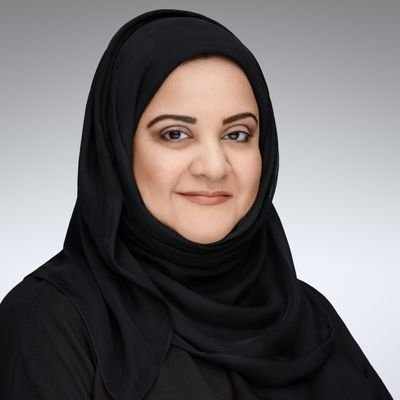
UAE's circular economy policy
There is an increased focus on the circular economy in the UAE with the UAE Cabinet approving the UAE Circular Economy Policy on January 2021. The policy is a comprehensive framework for identifying CE priorities including green infrastructure, sustainable transportation, sustainable manufacturing, sustainable food production and consumption. It will seek to determine the countries’ approach towards achieving sustainable governance and the ideal use of natural resources, by adopting consumption and production methods that ensure the quality of life for current and future generations.
The policies’ key objectives are:
- promoting environmental health
- supporting the private sector in adopting clean production methods
- reducing natural environmental stress, to achieve the country’s
The policy and its outcomes are expected to:
- generate considerable economic proceeds for the country
- mitigate environmental pressures
- ensure the supply of raw materials
- increase competitiveness
- motivate innovation
- strengthen economic growth
- create job opportunities.
One of the key priorities for the UAE is to ensure economic and social development while ensuring environmental sustainability. Given that the CE Policy has just been ratified with strategy under development there is an opportunity to bring in Dutch expertise on its success. Additionally, there is a focus globally, and thus an opportunity for sharing locally, on how an economic recovery from the COVID crisis can go hand-in-hand with climate objectives as investments into a climate- neutral economy will help rapidly deliver jobs and growth and contribute towards the development of more resilient societies.
"Corporates and governments need to work together on policy and implementation, to be able to put words into actions"
Ajay Narain, General Manager LeasePlan Emirates
Plenary session live from The Netherlands Pavilion at the Dubai Expo 2020
In the plenary session, moderated by Holland Circular Hotspot Director Freek van Eijk, speakers from both the UAE and The Netherlands dove into the practical implication and opportunities of the new CE policy and Dutch-UAE collaboration to reach circular goals. The following speakers were part of the plenary session:
- H.E. Douwe Buzeman, Netherlands Deputy Ambassador in the UA
- Ms. Stefanie Schachtschabel, Initiator and spokesperson DSG
- Eng. Aisha Al Abdooli, Acting Assistant Undersecretary for the Green Development and Climate Change Sector, Ministry of Climate Change and Environment
- H.E. Roald Lapperre, Vice Minister for the Environment
- Mr. Sanjiv Kakkar, Executive Vice President Unilever MENA, Russia, Ukraine, Belarus & Turkey
- Mr. Ajay Narain, General Manager LeasePlan Emirates
- Mr. Harry Verhaar, Head of Global Public and Government Affairs Signify
Rewatch the full plenary session below.
We should spend our time according to the '10-20-70' rule: 10% on inspiration, 20% on aspiration, and 70% on perspiration: rolling up our sleeves and getting the job done"
Harry Verhaar, Head of Global Public and Government Affairs Signify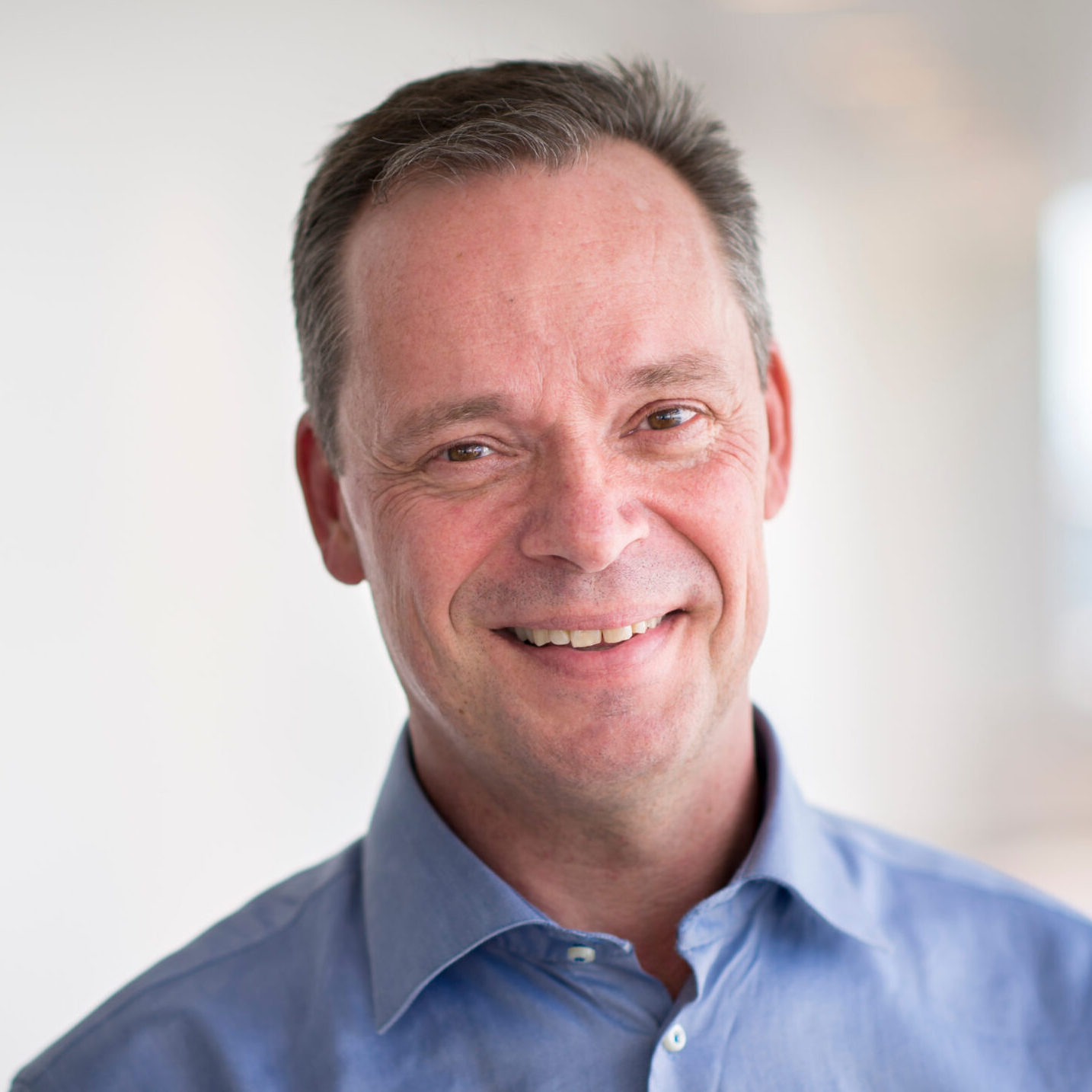
Panel discussion
Eng. Aisha Al Abdooli from the UAE Ministry of Climate Change and Environment elaborated on the new policy and circular economy ambitions. The transition towards a circular economy is put in motion as a circular economy council and an expert commission are set up, plans for training programs are in the making, and ambitions for making optimal use of international partnerships were expressed. “UAE is now on its way to achieve strategic objectives on the new economy and circular economy will be an integral part of that journey, which will support the transformation of UAE over the next 50 years” said Al Abdooli.
Steps towards circularity have been taken already by LeasePlan, Unilever, and Signify, but the private sector can’t do it alone and the full value chain needs to be involved to reach the circular ambitions from both The Netherlands and UAE. “We need the right partners involved to be able to put circular ambitions into action: A full ecosystem has to be built across the whole chain of plastics and packaging” says Sanjiv Kakkar about Unilever‘s efforts for towards their circular plastics and packaging goals.
Now the targets are set in the recently announced UAE ‘net zero by 2050’ ambition and the new Circular Economy Policy, it is important to identify concrete projects like lighting for schools, adopting electric car fleets for government, according to Harry Verhaar (Signify): “These projects will be the building blocks which will actually help us deliver on the net zero target, but they will also help improve economically and quality of life of the people in the emirates.”
Ajay Narain from LeasePlan, supports the idea that vision together with policy is urgent, and makes sustainable and circular targets reachable: “With population rising, mobility needs will rise with 70% in the next ten years, but to reach climate goals, emissions have to be reduced by 50% and net emissions should be zero by 2050. Cities will need to design mobility visions and align it with different concepts of mobility, urban planning and smart, sustainable cities.”
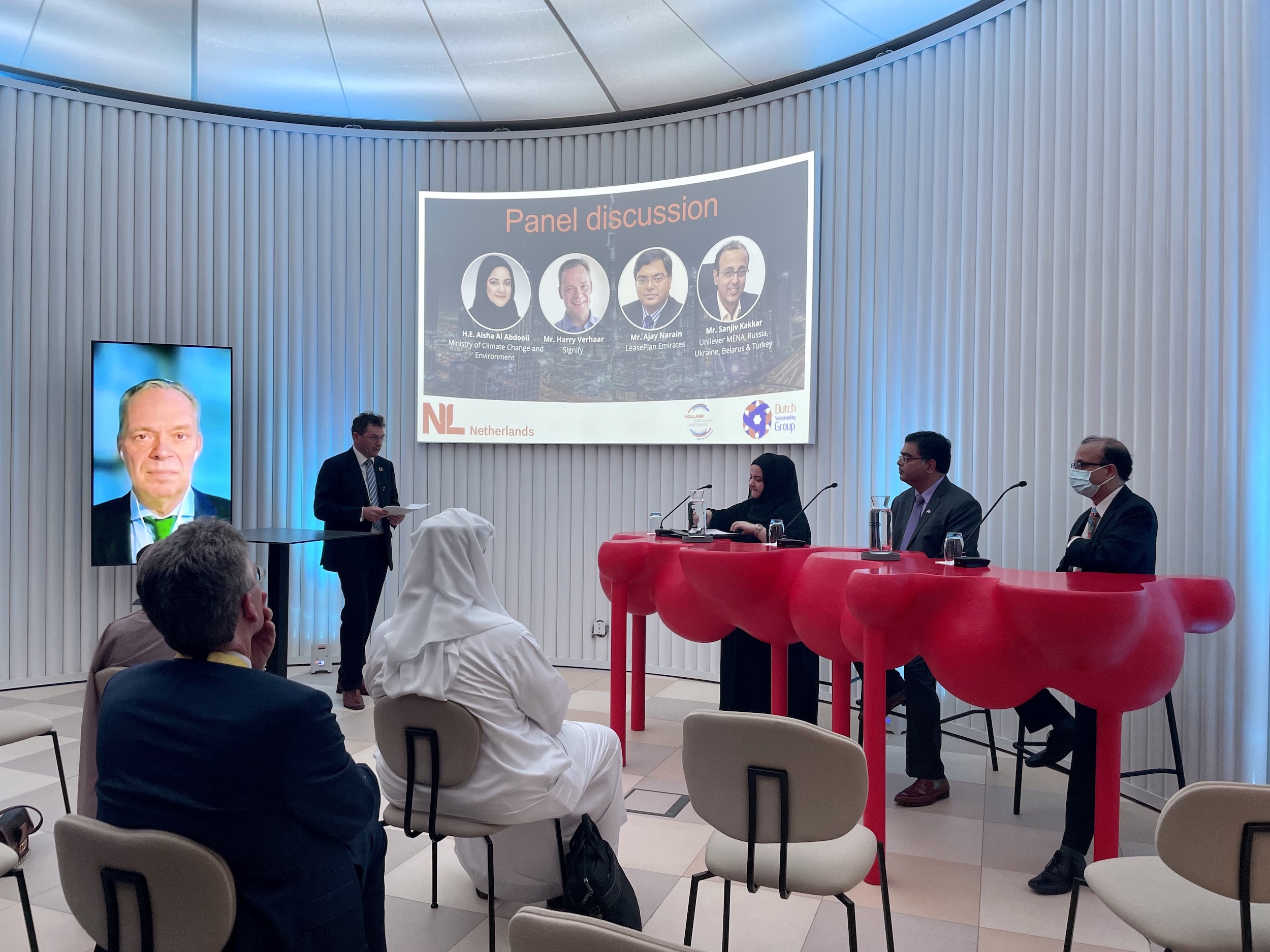
"An ecosystem with the right partners involved, has to be built across the whole chain of plastics and packaging"
Sanjiv Kakkar, Executive Vice President Unilever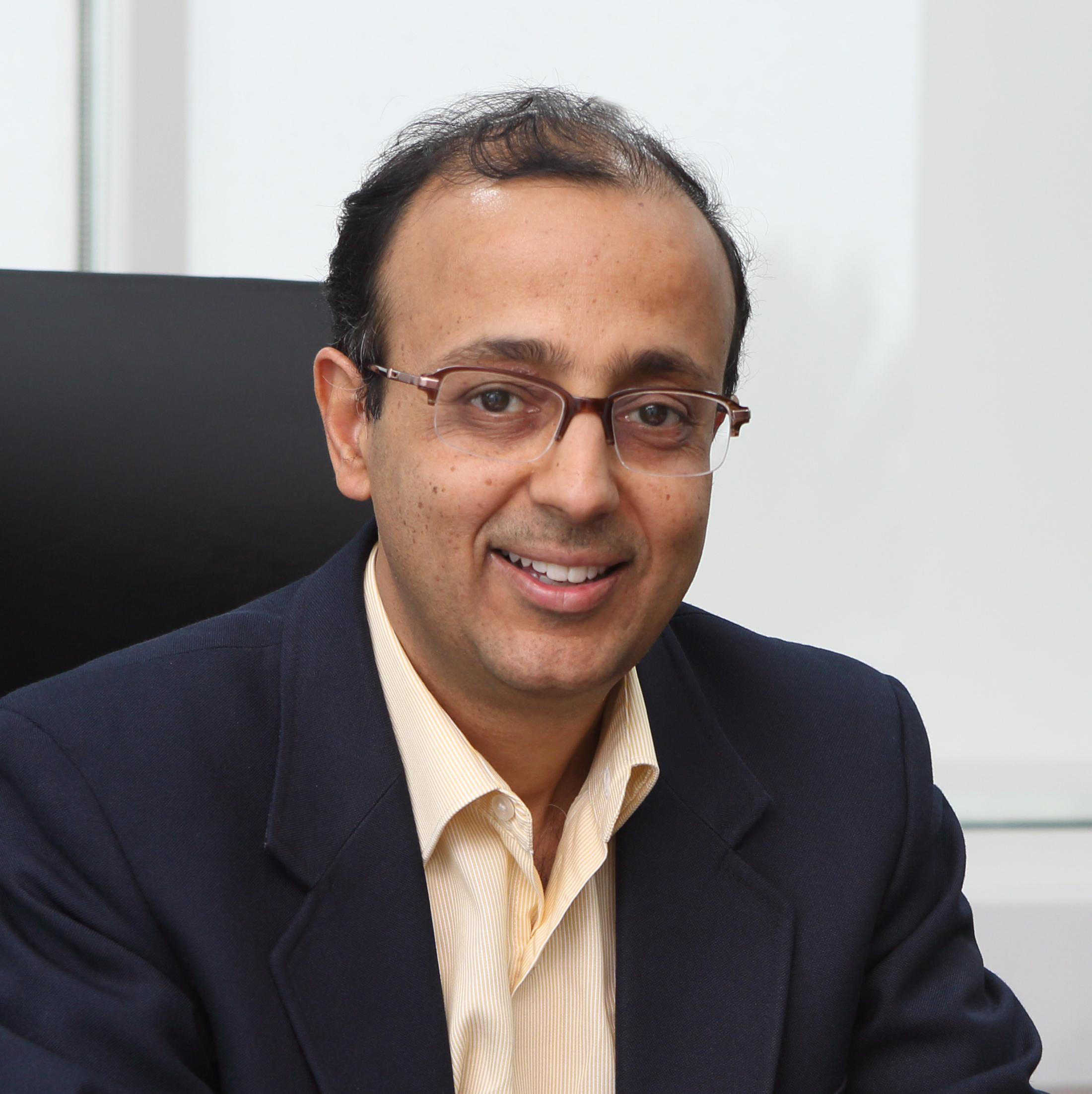
Round table discussion on Plastics & Packaging
The current human impact on the planet is readily witnessed by the various climate crises in recent years. The public and private sector must take the critical action needed to address the planetary impact. This can no longer be seen as CSR, but sustainability must be built into the business model as a business continuity and risk management strategy.
Key learnings are:
- Phase EPR using the companies that are market leaders with global commitments to generate initiatives with a positive outcome that can attract participation from local and regional manufacturers and retailers. This can then be scaled through government mandate and targets for recovery and use of recyclates in packaging materials, especially for upcycled products such as food packaging. An example of one such initiative is the door-to-door recycling collection service launched by Veolia to households in Abu Dhabi, using a reward mechanism through an app called RECAPP. The initiative has resulted in the increased collection of clean segregated materials directly from households. This high-quality material is sold to local recyclers for processing thus enabling both the education of consumers and a local eco-system for avoiding materials being sent to landfill.
- Waste generation should be dis-incentivized through higher littering fines and landfill fees. This could follow the current green, yellow and red system used for costing water and electricity consumption in households and businesses, where the highest waste generators are penalized through application of higher rates for waste removal.
- Initiatives should be cross sectoral and need to involve all stakeholders including facility management companies. To this end a common forum is needed and an initiative is underway to set up a Circular Packaging Association (CPA) for the UAE.
- Consumer education should start in schools. A science-backed, common messaging framework could be developed by government or NGO such as Emirates Nature – WWF, in conjunction with other members of the CPA, and approved by the Ministry of Education, which could then be incorporated into the brand messaging of manufacturers, thus avoiding conflicting and inaccurate messages.
- It’s important that any initiative undertaken to reduce waste entering the environment is properly assessed and monitored to avoid collateral and unintended negative impacts. It is equally important to ensure post-use pathways for these materials to find a new life through recycling.
- Studies have shown that companies in all sectors are looking for solutions to avoid their waste going to landfill and this will provide momentum if the cost implications can be managed through scaling.
"We need to act now. Covid-19 has created an additional momentum. Circular Economy is a business opportunity and frontrunning companies will have the biggest potential. Not acting now by governments will significantly increase future societal cost"
Freek van Eijk, Director Holland Circular Hotspot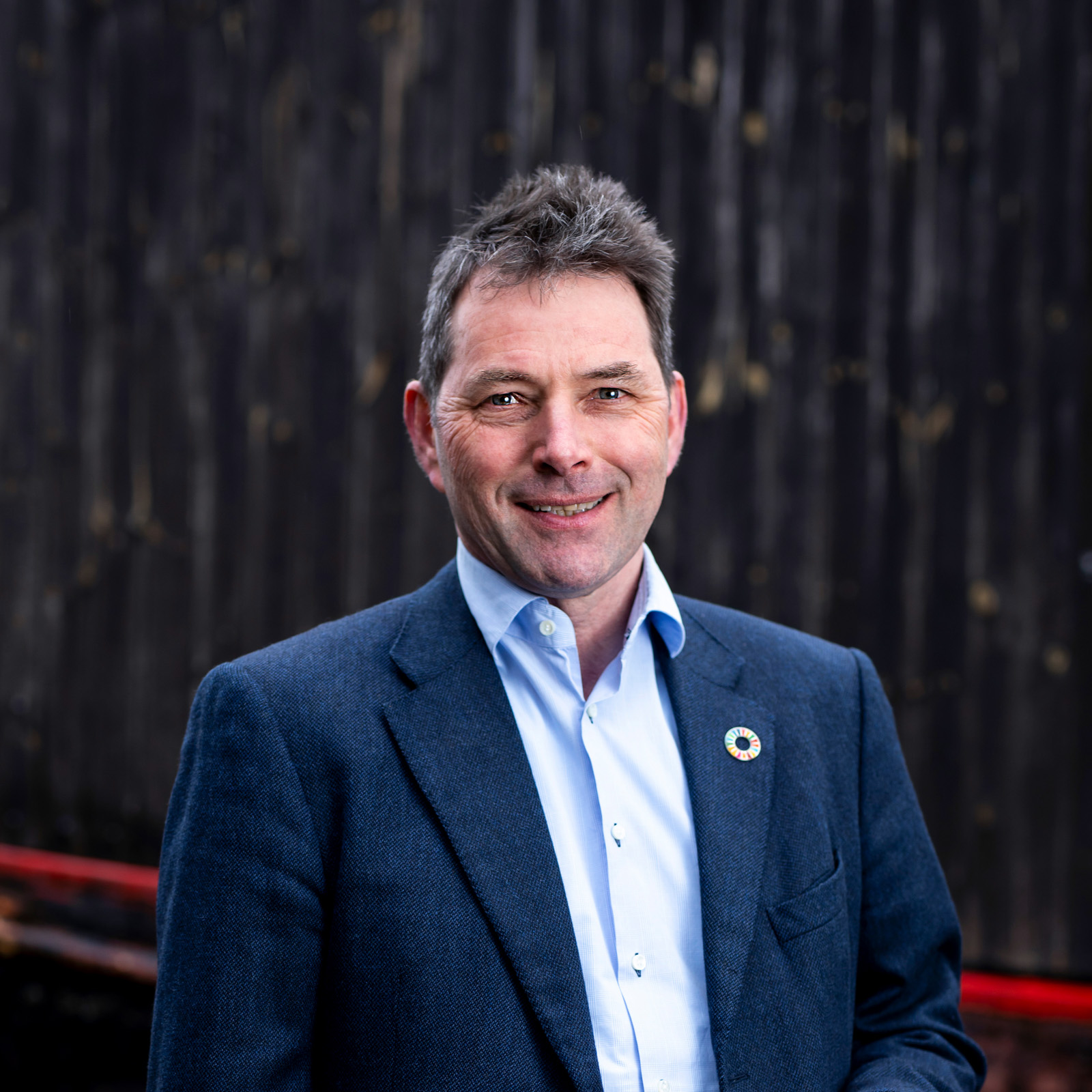
Virtual Gateway to The Netherlands
To give all participants a sneak preview of Dutch solutions for global challenges, the Virtual Gateway to The Netherlands was designed, implemented and offered by NLinBusiness. Virtual reality (VR) headsets and immersive virtual reality showcases allowed physical attendees to experience Dutch solutions for global challenges as if they were actually on a site visit in The Netherlands. The live-stream showed an introduction video to give the online audience a taste of the VR-experience.
At the moment several VR experiences have been developed, f.e. on horticultural ecosystems, marine energy and hydrogen energy, river flood protection, sports and safe and healthy foods. Next to that, other VR experiences are in the making, under which one in cooperation with Holland Circular Hotspot. The focus in this specific experience will be on Dutch circular solutions in the field of plastics.
There is currently no content in this theme, please check back soon.
